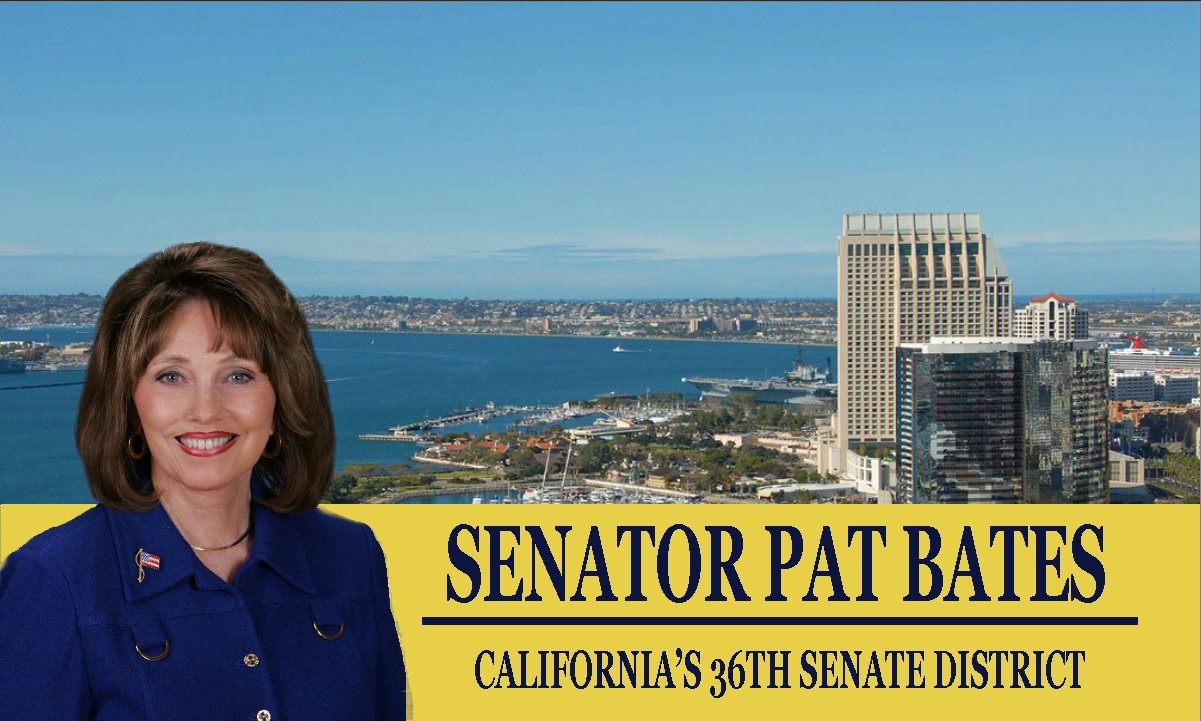In a recent op-ed published in The San Diego Union-Tribune, State Senator Patricia Bates expressed frustration over Gov. Gavin Newsom’s growing disregard for the State Legislature on issues pertaining to California’s environment.
Bates refers to the two recent executive orders Newsom signed without consideration from the peoples’ representatives:
In an effort to move away from the state’s reliance on fossil fuels, Newsom signed an “executive order requiring the sale of all new passenger vehicles to be zero-emission by 2035 and additional measures to eliminate harmful emissions from the transportation sector.”
Weeks later, he signed another executive order directing “state agencies to deploy a number of strategies to store carbon in the state’s natural and working lands and remove it from the atmosphere. The order also and sets [the goal] to conserve 30% of the state’s land and coastal water by 2030 to fight species loss and ecosystem destruction.”
Bates explained that she shares Newsom’s goals of improving our environment, but that his decrees undermine the Sttae Legislature’s role in “creating sound policy and turn over too much power to unelected government bureaucrats.”
Earlier in the year, Assembly Bill 3030—a bill very similar to the aforementioned executive order—was rejected in the State Senate over concerns of ambiguity and regulatory overreach, in addition to the immense estimated cost.
“Others noted that the bill failed to even acknowledge the numerous state and federal environmental laws and regulations already protecting California’s natural resources,” Bates added.
Nevertheless, Newsom signed his executive order, effectively ignoring the people it will affect. Similarly, “ill-conceived” proposed legislation in 2018 to ban the sale of gasoline-fueled vehicles by 2040 was rejected by the Legislature, but was reintroduced unilaterally by Gov. Newsom in September.
“Passing a law (or issuing a decree) to ban new gasoline-fueled cars is one thing, but ensuring there is enough energy to power millions of new electric cars while not causing more blackouts during a heatwave is another matter entirely,” wrote Bates. “Furthermore, details about ensuring adequate charging infrastructure and affordable zero-emission vehicles for families with low incomes still need to be worked out.”
Assembly Bill 793, which mandates 50% recycled plastic on water bottles by 2030, on the other hand, demonstrates the effective cooperation between the State Legislature and Gov. Newsom that should be pursued.
Bates supported the bill “because it genuinely took into account the concerns of communities, environmentalists and businesses… Sadly, the governors decrees undermine efforts to find a consensus and instead delegate critical details to unelected bureaucrats.”




